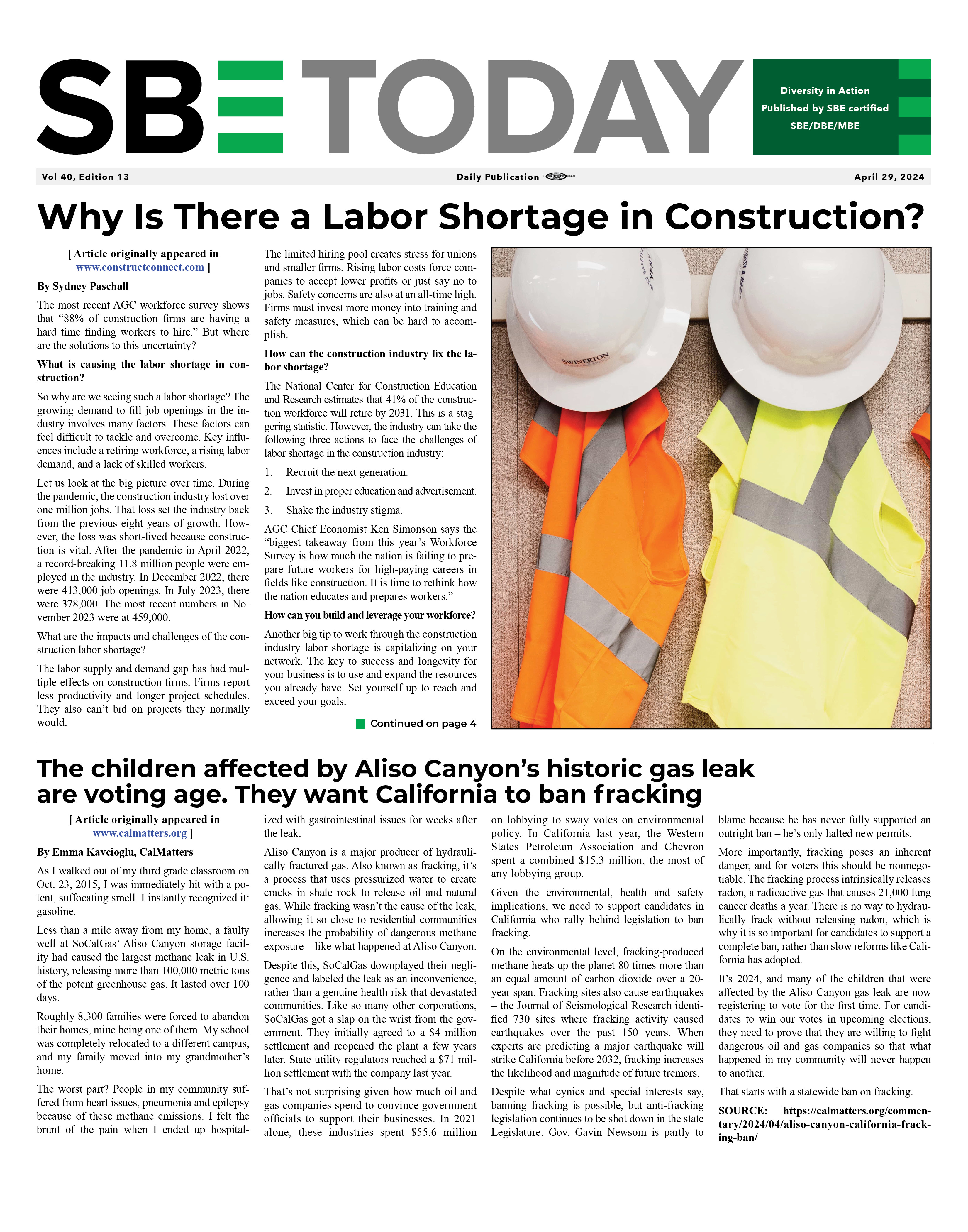|
|
The Importance of Continued Learning for All Employees. By Stephanie Snyder
08/07/2023
 By Stephanie Snyder The value of ongoing education for all employees cannot be emphasized in today's quickly changing business environment. Companies that prioritize and invest in employee development have a better chance of long-term success and are more likely to thrive in a competitive market. Along with improving individual abilities, continuous learning improves team productivity, encourages innovation, and assures compliance training. This post will examine the strong arguments for why ongoing education should be a cornerstone of organizational culture. 1. Adaptation to Technological AdvancementsKeeping up with the most recent trends is important as technology alters several industries. Employees can better adapt to new tools and technologies, increasing their overall efficiency and production when they continue their education and training. An employee's ability to adapt to an ever-evolving work environment is directly correlated to their dedication to learning new skills, whether those skills involve the mastery of specific software applications, an awareness of data analytics, or the integration of artificial intelligence.2. Improved Job PerformanceImproved job performance is directly correlated with ongoing learning. Employees can perform their jobs more effectively when they have opportunities to expand their knowledge and hone their abilities. Because of this, the quality of the work produced is improved, productivity is raised, and job satisfaction is boosted. When workers improve their skills, they become more prepared to meet difficulties and contribute to the organization's success.3. Enhanced Creativity and InnovationContinuous education helps to cultivate an atmosphere within a business that is innovative and open to new ideas. It is much more likely that workers will come up with original solutions to difficult issues if they are given the opportunity and encouragement to consider and investigate novel ideas and points of view. This mindset of never stopping to develop and think creatively can result in huge breakthroughs in products, services, and processes, providing the organization with an advantage in the market.4. Building Confidence and MotivationEmployees who participate in programs designed to foster continual learning develop greater self-assurance in their skills and expertise. This newly discovered self-assurance translates into an increased willingness to take on new tasks and handle challenging initiatives. A motivated workforce is vital for attaining corporate goals and maintaining a positive work environment. This benefits employees and the organization, creating a win-win situation for everyone involved.5. Addressing Skill Gaps and Performance ChallengesEach employee possesses distinct skills and weaknesses; ongoing education helps overcome skill gaps and impediments to employee effectiveness. Organizations can provide specialized training that focuses on developing particular talents by determining the areas in which there is room for advancement. This individualized strategy for education ensures that workers obtain the assistance they require to succeed in their positions, which in turn contributes to the group's accomplishments.6. Employee Retention and LoyaltyInvesting in employees' continuous education displays a commitment to the growth and development of those employees. Employees who feel encouraged by their employer in their professional development are more likely to remain loyal to their employer. A steady, experienced staff can be fostered by increasing employee retention, which lowers the expenses associated with employee turnover. In addition, workers are more inclined to promote their company to others as a wonderful workplace, which can benefit recruitment efforts.7. Ensuring OSHA Compliance TrainingEvery company should make the provision of a risk-free workplace one of their highest priorities. OSHA compliance training is necessary for minimizing the risk of accidents in the workplace and looking out for the health of staff members. Continuous education in this field enables workers to maintain their awareness of the most recent safety standards and best practices, reducing the likelihood of injuries and the possibility of legal repercussions.ConclusionNo employee should be exempt from the necessity of ongoing education. An organization's workforce becomes more flexible, knowledgeable, and motivated when adopting a continuous development culture. It benefits individuals and the firm by fostering innovation and creativity and ensuring compliance training. Businesses that invest in employee development create a win-win situation where employees feel valued, and the business receives a competitive edge in the marketplace. Organizations prioritizing lifelong learning will be better able to navigate difficulties and seize chances for growth and success as the business environment continues to change.Back To News |
|




